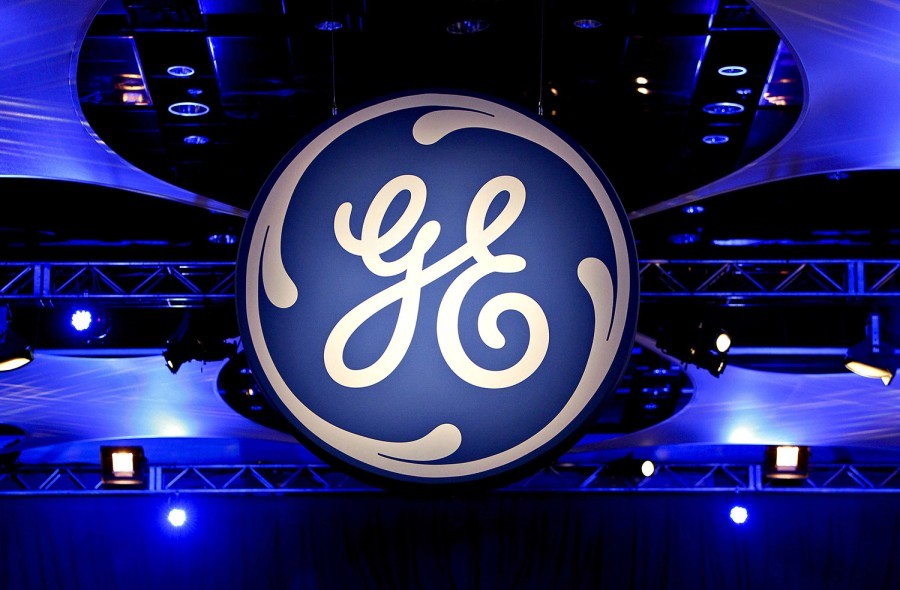General Electric: should we believe the analysts or the auditors?
A report entitled "General Electric, a bigger fraud than Enron" is causing turmoil in the financial world.

On August 15, Harry Markopolos, a whistleblower known for uncovering Madoff’s Ponzi scheme and sleeping with a Smith & Wesson under his pillow, wrote a 175-page report predicting the impending demise of General Electric and released it under the title “General Electric, a bigger fraud than Enron“.
After a difficult start for the second half of the year (share price from $11 to $9 in 6 weeks…), GE’s share price dropped sharply from $9 to $8, evaporating $9 billion in market value in just one day.
Markopolos announced that he was “working” on behalf of an investor whose activities consisted in selling securities short and who was probably one of the beneficiaries of the $9 billion mentioned above. Classic…
What is less classic is the reaction of GE’s CEO, who immediately announced that he was investing $2 million of his personal assets to buy GE shares, or about one year of his base salary of $2.5 million (to which must be added bonuses and other items for an estimated total of $21 million).
The immediate reaction was an increase in the share price, accompanied, it is true, by a few comments from analysts discrediting the Markopolos report. But, one week later, the price had returned to the $8 level, only to rise to $11, its July 1st level, after the publication of the third quarter results.
The auditors are perhaps, in the end, more credible than the CEOs and analysts put together.